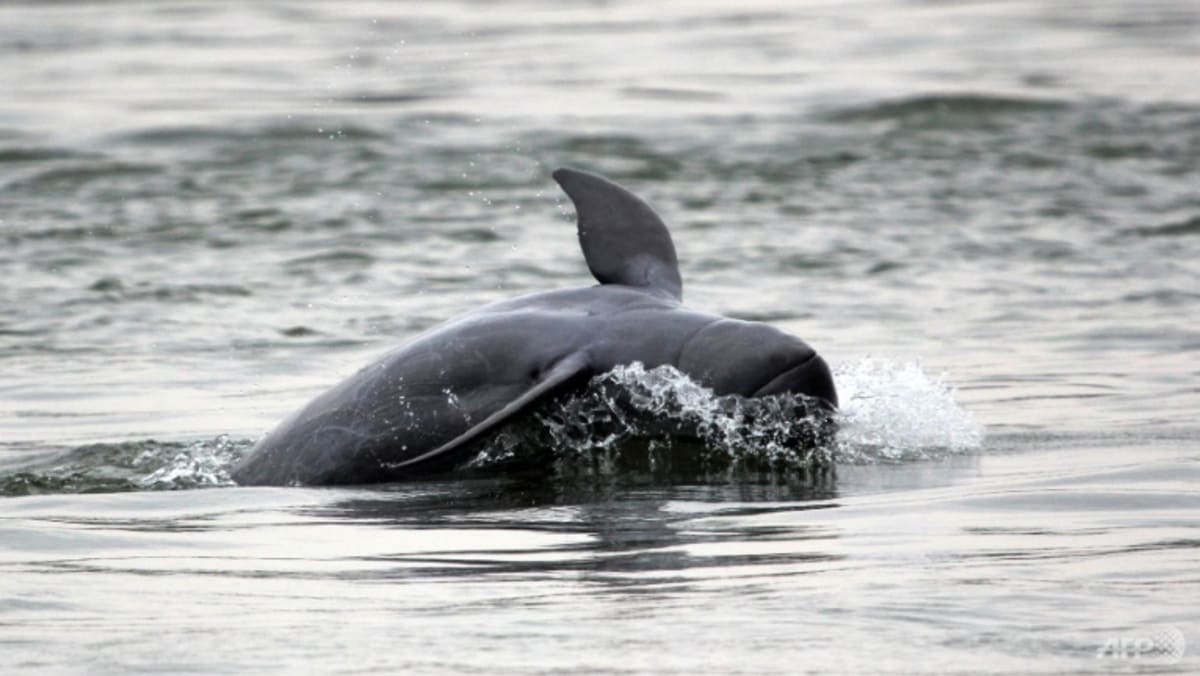“The Mekong river, which is home to near-extinct dolphins and fish species, must be well managed so that dolphins will not die from entanglement in gillnets,” he said. Gillnets are nets strung across parts of the river to snare fish.
“The dolphin areas must be protected completely,” he said, adding that the animals’ presence contributed to local tourism.
Three healthy breeding-age dolphins died within a week of each other last month. The deaths alarmed conservationists, who called for both day- and night-patrols in order to protect the remaining dolphins from being killed by illegal fishing.
Eleven dolphins died in 2022, bringing the total number of dead dolphins to 29 in the last three years, according to the World Wildlife Fund (WWF).
In a statement, WWF called on all relevant authorities “to enact and roll-out appropriate measures to urgently address the mortality” caused by the threats of gillnets and electro-fishing that take place in the dolphin conservation areas.
Cambodia is home to the largest population of Irrawaddy dolphins, which are also found in rivers and lakes in Myanmar, Indonesia, India and Thailand.
(Except for the headline, this story has not been edited by PostX News and is published from a syndicated feed.)

